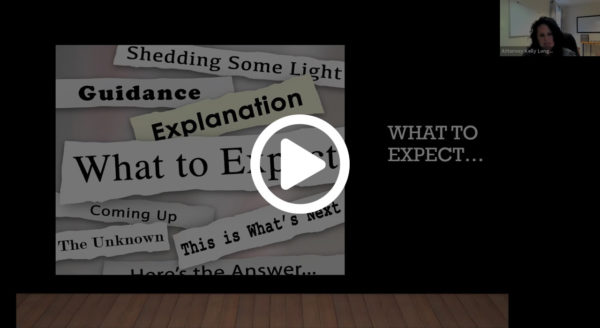Estate planning often feels complex, leading many people to rely on assumptions that can have devastating consequences for their loved ones and their legacy. From who can make decisions for you to whether you need an estate plan, common myths can stand between you and a secure future. Let’s debunk these widespread misconceptions and reveal four essential truths about effective estate planning.
Myth 3: I signed a will before, so I do not need to do it again.
Reality: Life shifts, laws change, and your goals evolve over time. An outdated estate plan can be just as detrimental as having no plan, so be sure to review your estate plan regularly—ideally, every three to five years. You should also review your estate plan whenever significant life events such as the following occur:
- Family changes. Such changes include marriage, divorce, remarriage (yours and your children’s), birth or adoption of children or grandchildren, and deaths of beneficiaries or trusted decision-makers (for example, agents under a financial or medical power of attorney, executor or personal representative, or guardian of your minor children).
- Financial changes. In addition to seeing significant increases or decreases in the value of what you own, you may have purchased or sold real property or businesses, experienced changes in your retirement accounts, or received an inheritance.
- Location changes. Moving to a different state or country can dramatically impact the validity and effectiveness of your existing estate planning tools, as state and country laws can vary widely.
- Tax law changes. Estate, gift, and income tax laws constantly evolve at federal and state levels, potentially affecting how your money and property will be distributed, how they will be taxed, and how much a beneficiary may ultimately receive.
- Changes in goals. Your philanthropic desires, legacy goals, or wishes for specific personal property, accounts, or real property may shift over time. Your estate plan should reflect that.
A comprehensive review of your estate plan every three to five years or after any major life event is crucial for ensuring that your estate planning tools still reflect your wishes, minimize taxes, avoid probate, and align with current legal requirements.

